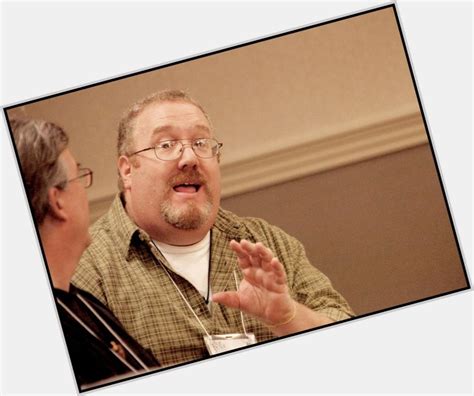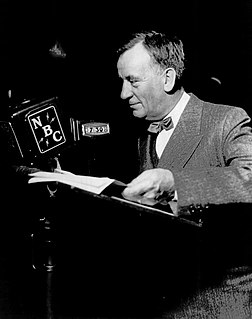A Quote by Louis Aragon
I shall always rebel against any attempt to reduce a human being to a kind of mannequin, whose deeds and questions would be comprehensible like the deeds and gestures of monarchs recorded day after day in official communiques. Six months of a life cannot catalogue the vitality, the activity of an individual; only death stops development and then, what is important is the overall meaning of a life, not the details of that life, edifying to some, scandalous to others.
Quote Topics
Activity
After
Against
Always
Any
Attempt
Being
Cannot
Catalogue
D Day
Day
Death
Deeds
Details
Development
Gestures
Human
Human Being
Important
Individual
Kind
Life
Like
Meaning
Meaning Of
Monarchs
Months
Official
Only
Others
Overall
Questions
Rebel
Recorded
Reduce
Scandalous
Shall
Six
Six Months
Some
Stops
Then
Vitality
Whose
Would
Would Be
Related Quotes
For, owners of their deeds (karma) are the beings, heirs of their deeds; their deeds are the womb from which they sprang; with their deeds they are bound up; their deeds are their refuge. Whatever deeds they do-good or evil-of such they will be the heirs. And wherever the beings spring into existence, there their deeds will ripen; and wherever their deeds ripen, there they will earn the fruits of those deeds, be it in this life, or be it in the next life, or be it in any other future life.
Perhaps one cannot, what is more one must not, understand what happened, because to understand [the Holocaust] is almost to justify...no normal human being will ever be able to identify with Hitler, Himmler, Goebbels, Eichmann, and endless others. This dismays us, and at the same time gives us a sense of relief, because perhaps it is desirable that their words (and also, unfortunately, their deeds) cannot be comprehensible to us. They are non-human words and deeds, really counter-human.
You would know the secret of death. But how shall you find it unless you seek it in the heath of life? The owl whose night-bound eyes are blind unto the day cannot unveil the mystery of light. If you would indeed behold the spirit of death, open your heart wide unto the body of life. For life and death are one, even as the river and sea are one. For what is it to die but to stand naked in the wind and to melt into the sun?
For many years, questions about the meaning of life were dismissed as senseless. We were told that life, not being a word or sentence or anything language-like, can't intelligibly be said to have meaning. An encouraging development in the last couple of decades is a return by philosophers to addressing - as nearly all people do at some time or another - the question of life's meaning.
The hours must be endured and those who cannot do so in life will most surely do so in death. You say you cannot face them? Life's joys and pains both? You shall find them waiting for you, a world of ignored moments there to be explored. Then shall you know how long an hour can be, shall feel the awful depth and restlessness of even a single day, and all the days you fled from life while you were alive.
I wouldn't be honest if I told you that in some moment of my life I had a lot of rage - probably hate - I'm not sure of hate, but rage. But you know what happens is that then you realize you cannot do to others what you think nobody has to do to anybody. Life is important for me and not any kind of life, quality too of life.
I think, questions about what it means to respect nature become very important because just as in human society, for example, part of what it is for me to live a good life as a human being in a human society is to have respect for others around me. Now, that respect, to some extent, can be thought of as being grounded in the rights and interest of others but it also has to do with the stance that I take in the world and what it is that provides meaning and significance in my own life and I think there are similar ideas of respect for nature that apply as well.
Either the State for ever, crushing individual and local life, taking over in all fields of human activity, bringing with it its wars and its domestic struggles for power, its palace revolutions which only replace one tyrant by another, and inevitably at the end of this development there is ... death! Or the destruction of States, and new life starting again in thousands of centers on the principle of the lively initiative of the individual and groups and that of free agreement.The choice lies with you!






































